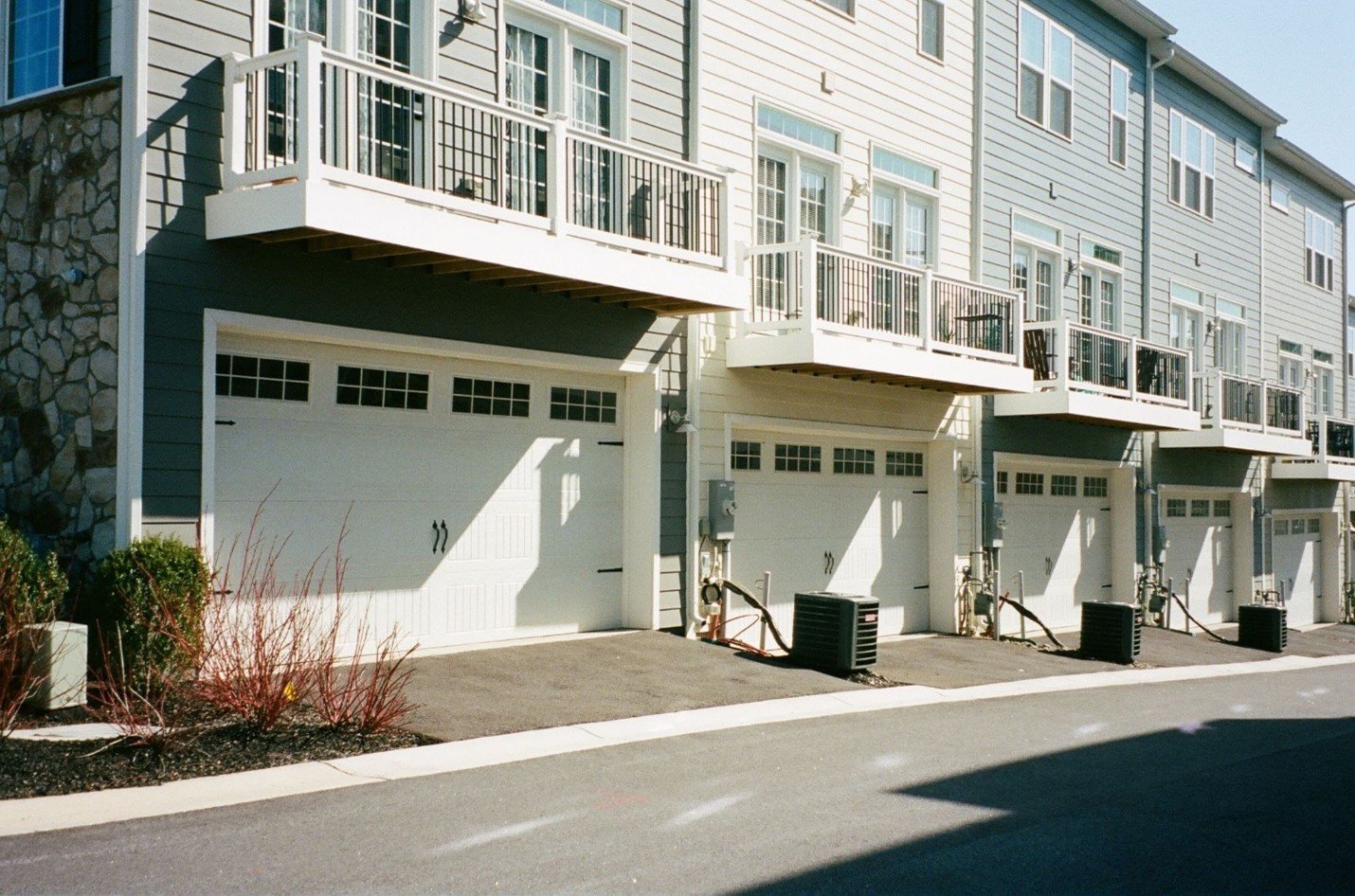Horizontal Property Regimes: What You Need to Know
- Posted on October 15, 2021
- In Horizontal Property Regime, Nashville Real Estate, Real Estate Attorney
As Nashville, Tennessee becomes more densely populated, neighborhoods are beginning to witness an increase in dual homes on one plot of land. These types of properties are called Horizontal Property Regimes (HPRs) and are an increasingly popular classification of property, especially in the Nashville area.
Driving through your local neighborhood in Nashville will reveal numerous examples of HPRs. There are many examples of new homes being built on lots with only one home before. With such an interesting trend spike in new home construction, understanding just what HPR’s are and how they affect neighborhoods could be important to you.
Here’s what you need to know:
1. What are Horizontal Property Regimes?
2. How do HPR’s Work?
3. Why are HPR’s Becoming More Popular?
4. HPR Challenges
5. How do HPR’s Affect Neighborhoods?
What are Horizontal Property Regimes?
Horizontal property regimes are defined through a Tennessee statute which refers to properties with multiple owners. This can manifest in many different ways. For instance, in condo buildings, different people own sections within the entire building complex. Shared ownership is also evident in public areas such as office spaces and other commercial complexes.
The Horizontal Property Regime statute dates to 1963. Though, the original situations the statute addressed have largely changed over time. Today, the concept of horizontal property includes much more than it did back then.
Nashville’s most popular version of HPRs is commonly referred to as “tall and skinnies” because of the unique construction of two homes built in the footprint of a singular previous home. These tall and narrow homes are a growing staple of the Nashville housing landscape.
How do HPR’s Work?
When it comes to establishing a horizontal property regime, your first step will be to find a knowledgeable real estate lawyer. Without one, the process will be impossible. In order to establish the HPR, your lawyer will need to draft a master deed. With this in mind, "zero lot line" Horizontal Property Regimes have become very popular in Nashville. This is something that should be discussed with a real estate attorney.
In these cases, the real estate attorney who drafts the master deed must attach to it a certification that it adheres to all relevant Tennessee state statutes. HPR’s can allow both homeowners to be part of one tax bill, so defining property boundaries within the home is extremely important.
Your real estate attorney will need to attach a diagram of the property that clearly outlines all of the following:
- The parts of the property are shared by the two proposed homes. This would normally include things like sidewalks.
- The elements of the property that are limited are common, such as yards.
- The part of the property that is private. This would generally only include what on the plot where the structures are built.
Why are HPR’s Becoming More Popular?
In general, HPRs are of great benefit to contractors and developers as they reduce the amount of red tape involved with real estate construction. With typical construction projects, there are a variety of hoops to jump through when it comes to zoning and approvals. These can include Metro Planning Commission approvals, approval from various agencies, public hearings that can hold up development and much more.
However, HPR's only require a property to be zoned for a two-family structure (like a duplex). Upon receiving the building permit, the developer will enter a master deed and become the HPR's owner. A much quicker process, HPRs also benefit home buyers in that they create more housing in areas that might otherwise seem to be full. In a popular and growing market such as Nashville, there is always a need for more housing.
HPR Challenges
On shared lots, questions of lot ownership can pose difficulties for the eventual homeowners. Tax and insurance obligations can be affected greatly by the ownership of the dirt underneath the house. The implications of this can often be difficult to comprehend. Building an HPR can be challenging when it comes to logistics, such as locating utilities.
Additionally, the constricting property lines can sometimes cause encroachments. Unless you are a mediator, resolving conflicts can be difficult in these circumstances. While a condo building might have infrastructure to deal with such issues, a property with two buildings doesn’t have anyone to turn to. These challenges can often be settled with open lines of communication, a legal mediator, or a trusted real estate attorney.
How do HPR’s Affect Neighborhoods?
Several neighborhoods around Music City, particularly the ones with a significant influx of "tall and skinnies," have experienced mixed reactions. Several the houses chosen for the site of a future HPR may be older homes that have not been well maintained.
While some neighbors may appreciate the updates as they could also see a rise in their property value, others might not feel so fondly about the new Nashville HPR look. HPR’s can often be accompanied by a raise in property taxes as well for surrounding neighbors.
Though, the tendency to build more of these properties has shown great benefits for the city in increased tax revenue. By increasing tax revenue, the city can do more to help its neighborhoods on an institutional level.
Contact Rochford Law & Real Estate Title
A real estate attorney can help mitigate risks within the development process of a horizontal property regime. From master deed filing, to zoning approval, renegotiated contracts and more, a real estate attorney can help with any challenging scenarios that come up with an HPR property transaction.
Contact Rochford Law & Real Estate Title today!
Subscribe for Updates
Latest Posts
- Title Issues in Tennessee: Common Problems and How They’re Cleared
- Common Commercial Lease Red Flags (and How to Negotiate Them)
- Commercial Purchase and Sale Agreements – How a Real Estate Attorney Can Protect Your Transaction
- When Do You Need a Nashville Probate Lawyer? 8 Common Scenarios
- Commercial Leases – Important Considerations



